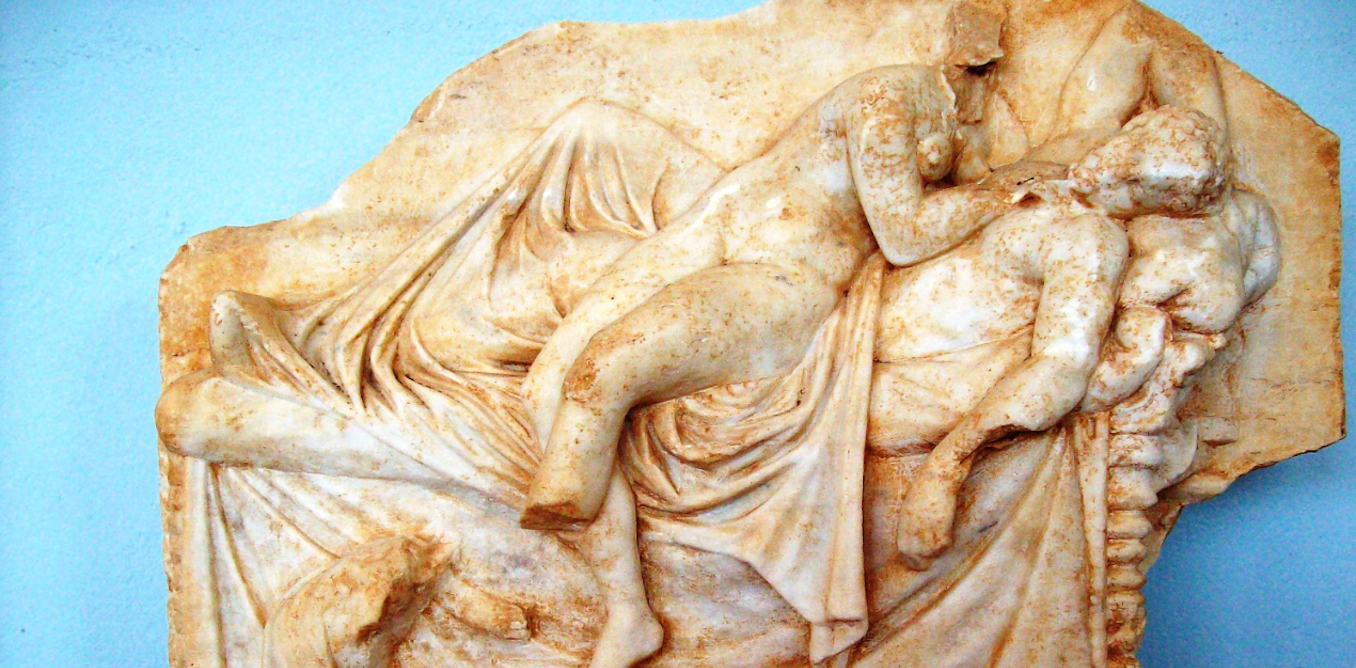The Islamist rebel group Hayat Tahrir al-Sham, or HTS, has made headlines with the toppling of the regime of Syrian President Bashar al-Assad. The leader of HTS, Abu Mohammad al-Jolani, has been at the forefront of these efforts, claiming that the group has cut ties with al-Qaeda and is committed to respecting pluralism and the rights of minorities in Syria.
The downfall of Assad has reportedly led to his fleeing the country and seeking asylum in Russia. This significant development has prompted a range of reactions in the region. Israel, for example, has seized a buffer zone in the Syrian-controlled area of the Golan Heights. Israeli Prime Minister Benjamin Netanyahu has stated that this move is necessary to protect against potential threats following the collapse of the ceasefire agreement with Syria.
On the ground in Syria, rebels have been seen looting the presidential palace in Damascus, while Kurdish groups in northern Syria have been celebrating Assad’s demise. Various experts and correspondents weigh in on the implications of Assad’s downfall for the region, with discussions on the response of Iraq, Turkey’s support for Syrian rebels, and the broader opposition to the Assad regime over the past 14 years.
The situation in Syria remains fluid, with conflicting reports and shifting alliances shaping the trajectory of the conflict. As leaders like Abu Mohammad al-Jolani assert their authority and new power dynamics unfold in the region, the future of Syria hangs in the balance.
Watch the video by DW News
Video “Who is the leader of Syrian Islamist group HTS, and how is the region reacting to Assad's downfall?” was uploaded on 12/08/2024 to Youtube Channel DW News








































Damn 😂😂😂
He looks exactly like Zelensky 👌🏻☠️👌🏻👁 WWE
Fidel Castro reincarnated lol
Another dictatorship branded as a hero by the West.
No matter what he's: No to Islam.
Don't worry, he changed clothes, he's a different man.
Time will tell
💚💚💚💚💚💚💚🥳🎉🎊
Israel already invading and the Kurds are fighting the islamists.
if anyone thinks he is suddenly a good guy…. you are sorely mistaken. assad was obviously evil, but so are terrorists.
if only they weren't so obsessed with that fiction book…..
Please don't destroy the revolution like Fidel Castro did 🙏
Like a real life PUBG. Good luck Syria you are gonna desperately needs it.
Welcome back Señor Castro
This is the End of Putin and Iranian regime too…!
This is inchallah the beginning of khilafa the prophet fortold
I think the rebels are friend of 🇺🇸
He just gotta shave the beard and he's good
They would have to be pretty scummy to be worse than the regime they're replacing!
What a limited and biased interview by this guy
Looks like Zelly with a beard and without the coke bloat.
Will kurds be independent so that isis is contained?
Know Islam = no peace
No Islam = Know peace
Time tested formula that applied all over the world
You notice he did not mention Shia
When you go to russia side you always fall like Syria 😂
He has an opportunity
we know who he is we know what he is and what he wants, peace is not on his mind
Is this Volodymyr Zelenskyy 1st cousin? Step brother 😄 Hayat Tahrir al-Sham looks like kin folk.
Wonder when they will hold Free Democratic Elections…..
The nightmare for them is now about to get started, the Turks and their allies that have just taken power have openly stated the Kurds will be eliminated. This is about to make pol pot look like a great merciful leader.
Where is Assad? Where is Asma Al-assad?
His fine manners, cool head, his super war strategy, and his nobility with his opponents in the battle, recently, indicate that he has changed drastically . So he deserves an open or at least a provisional rebrand.
Turkey won. Case closed.